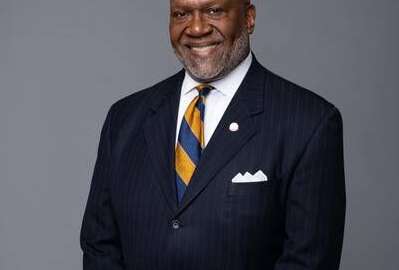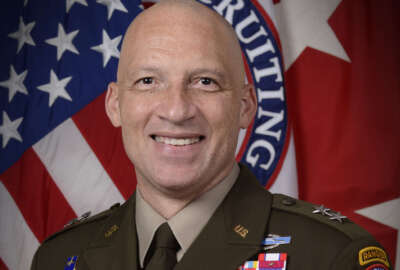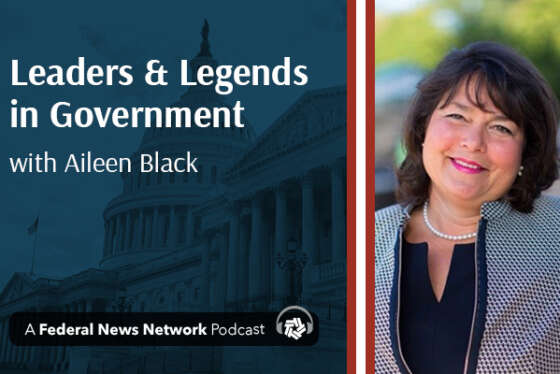NASA executive discusses his approach to leadership
Robert Gibbs, associate administrator for the Mission Support Directorate at NASA, joins Aileen Black on this week's Leaders and Legends to discuss his career a...
Robert Gibbs, associate administrator for the Mission Support Directorate at NASA, joins Aileen Black on this week’s Leaders and Legends to discuss his career and his approach to leadership.
Gibbs joined NASA as the assistant administrator for the Office of Human Capital Management and NASA’s chief human capital officer in 2017. In this role, Gibbs had stewardship responsibility for NASA’s workforce, carrying out responsibilities in accordance with the Chief Human Capital Officers Act of 2002. His responsibilities included setting the agency’s workforce development strategy, assessing workforce characteristics and future needs based on the agency’s mission and strategic plan, and aligning the agency’s human resources policies and programs with organizational mission.
Gibbs describes his leadership style as one that has “to be adaptable to every circumstance and every situation.”
“I focus on what we are going to do as leaders,” he said. “How are we going to solve problems? How are we going to accomplish the mission and take care of our folks? I think we should focus on leadership principles.”
According to Gibbs, the most effective leaders make decisions after listening to employees throughout their organizations. That’s because, he said, the best ideas don’t always come from your executive teams.
“When you’re looking for opportunities to try and find a way to leverage a certain circumstance or respond to a threat, you have to be willing to say, okay, folks, what is the best idea, and I will tell you my experience at NASA, sometimes that doesn’t come from executive suite,” he said. “It comes from the deck plates on a lot of the things that we’ve done. We have to be willing to put our egos aside and listen for the best idea.”
Gibbs said communication is the key and good leaders need to find ways to motivate and support their employees so they can go out and solve the most pressing problems in their organizations.
“I think some of the most critical parts of leadership, and this may sound kind of silly, but I think it’s listening,” he said. “Really understanding the problems that you’re facing, really understanding what you’re trying to accomplish.”
Gibbs said authenticity is another important leadership quality. It’s important to “be yourself,” because employees will know when you aren’t being straight with them.
“You really have to be who you are. Your folks will know,” Gibbs said. “They’re going to see someone who lacks authenticity from a mile away. You have to be willing to accept and understand you don’t have the answers. But you’re putting service first, and you’re willing to listen, and understand and pursue the bigger goal.”
Gibbs also offered some advice to the next generation of leaders saying they need to work hard and be willing to take on the hardest jobs to help their organizations meet their missions.
He added that he has been inspired by some of the younger workers that he has met in recent years.
“They think differently,” he said. “And I think they look at problems differently, and they assimilate information differently. And honestly, I think all of those are good things. I’m super excited for what the future holds.”
Copyright © 2024 Federal News Network. All rights reserved. This website is not intended for users located within the European Economic Area.






